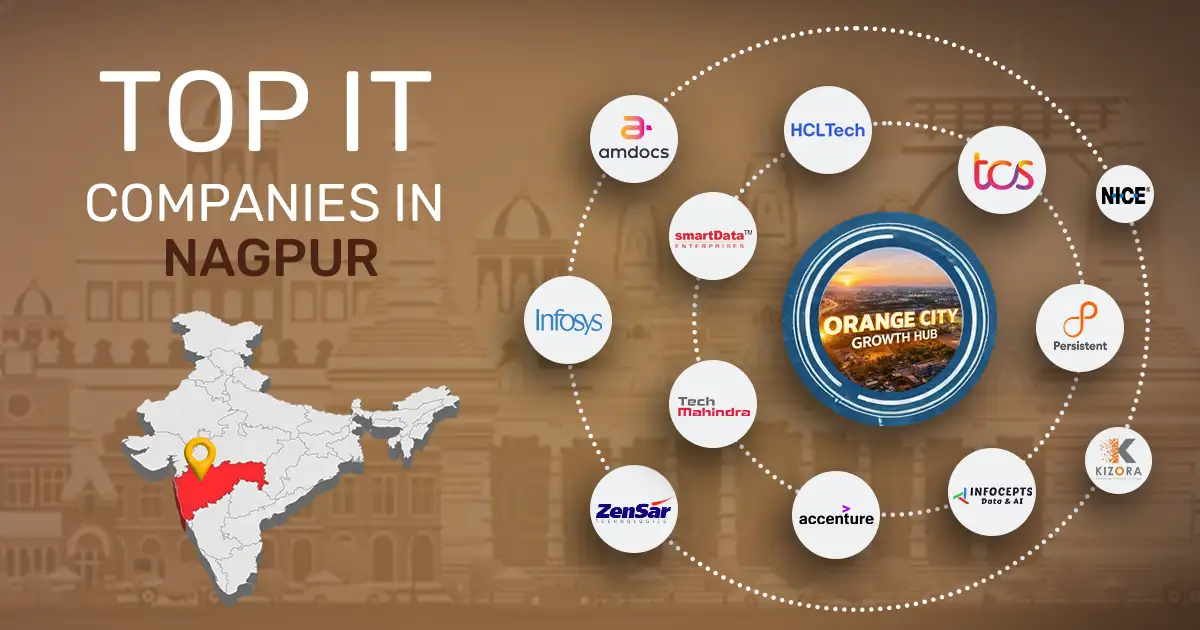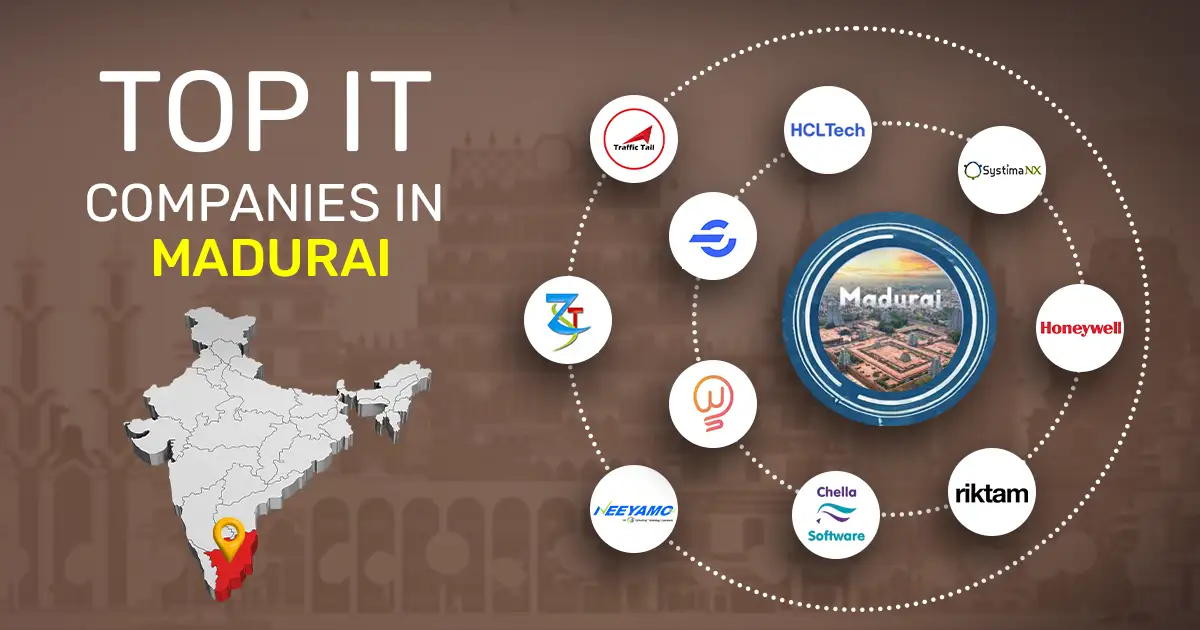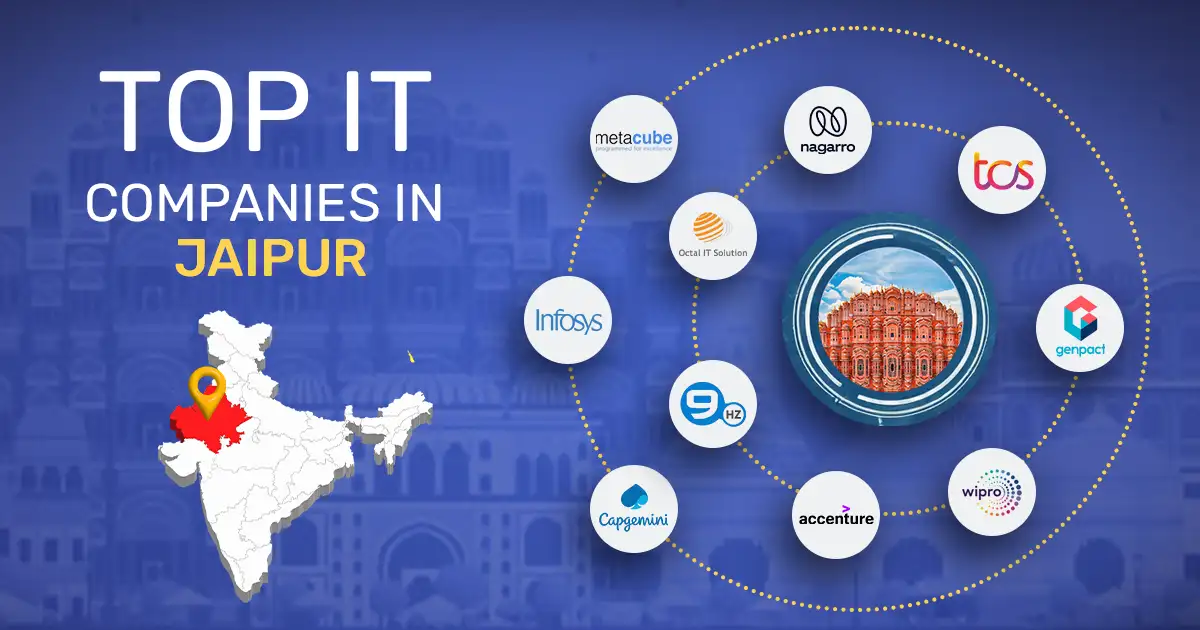
Introduction
The scrap business is an essential part of the waste management industry, providing opportunities for entrepreneurs to turn waste into wealth. As global awareness about recycling and sustainability grows, the demand for scrap materials, including metal, plastic, and electronic waste, has increased significantly. A well-planned scrap business can be both profitable and environmentally impactful, contributing to resource conservation and reducing landfill waste.
Starting a scrap business requires careful planning, the right licenses, and a solid understanding of sourcing, processing, and selling scrap materials. Entrepreneurs must also invest in proper equipment, build reliable supplier networks, and stay updated with market trends to maximize profitability.
In this guide, we’ll walk you through the entire process to help you establish a successful scrap business.
Also Read: Guide To Launch A Business From Home
What is a Scrap Business?
A scrap business involves collecting, sorting, processing, and selling scrap materials that can be recycled or repurposed. This includes a wide range of materials such as metals, plastics, electronic waste, paper, and glass. The primary goal is to recover valuable components from waste materials and reintroduce them into the manufacturing cycle.
A well-run scrap business not only generates profits but also contributes to sustainability by reducing landfill waste and conserving natural resources.
Types of Scrap Business: Metal, Plastic, Electronic, and More
Scrap businesses can be categorized based on the type of materials processed. Here are some common types:
- Metal Recycling Business: Deals with ferrous (iron, steel) and non-ferrous (aluminum, copper, brass) metals.
- Plastic Recycling: Focuses on collecting and processing used plastic items to create new products.
- Electronic Scrap Recycling: This involves recovering valuable metals and components from electronic waste like old computers, smartphones, and circuit boards.
- Paper Recycling: Converts old newspapers, office paper, and cardboard into reusable paper products.
- Glass Recycling: Processes used glass into new containers or construction materials.
Each type of scrap business has its own processes, profitability, and regulatory requirements.
Market Demand and Profitability of Scrap Business
The scrap business is booming due to increasing environmental concerns, government regulations on waste disposal, and the rising demand for recycled materials. Some key factors driving profitability include:
- High Demand for Recycled Materials: Industries rely on recycled metals, plastics, and paper to cut costs and reduce environmental impact.
- Government Initiatives: Many governments worldwide are promoting recycling through subsidies and incentives.
- Growing Awareness of Waste Management: Businesses and consumers are actively seeking sustainable waste disposal options.
Profit margins vary depending on the material type, processing costs, and market rates. Metal recycling businesses tend to be the most lucrative, followed by electronic scrap recycling.
Step-by-Step Process to Start a Scrap Business
Here are the steps on how one can start their own scrap business and start a scrap collection process:
- Identify the most profitable scrap materials in your area and potential buyers.
- Outline your business goals, startup costs, revenue projections, and operational plan.
- Secure the necessary scrap dealership license and environmental clearances.
- Find a location for storing and processing scrap materials.
- Partner with waste collection agencies, businesses, and individuals.
- Purchase crushers, shredders, and weighing machines for efficient processing.
- Build relationships with recycling plants and manufacturers who buy scrap materials.
- Promote your business through local advertising and online platforms.
Licenses and Registrations Required for Scrap Business
To legally operate a scrap business, you will need:
- Scrap Dealership License: Required to buy and sell scrap legally.
- GST Registration: For tax compliance on sales and purchases.
- Pollution Control Board Clearance: Necessary for handling waste materials safely.
- Business Registration: Register as an MSME or private limited company for credibility and tax benefits.
- Local Municipal Permits: Ensure compliance with waste disposal regulations.
How to Source, Process, and Sell Scrap Materials?
Sourcing Scrap Materials:
- Collect from individuals, businesses, manufacturing units, and construction sites.
- Partner with waste collection agencies and municipal recycling programs.
- Establish tie-ups with industrial zones, warehouses, and demolition sites for bulk scrap collection.
- Set up local collection centers to encourage small-scale contributions.
Processing Scrap Materials:
- Sorting: Separate different types of scrap materials based on composition and usability.
- Cleaning: Remove impurities, rust, and non-recyclable components to improve quality.
- Shredding and Melting: Convert scrap into reusable raw materials through mechanical and thermal processes.
- Implement advanced recycling technologies to enhance efficiency and minimize waste.
Selling Scrap Materials:
- Directly to recycling plants, manufacturers, and construction companies.
- Through scrap marketplaces, online platforms, and auctions for better pricing.
- Exporting to countries with high demand for recycled materials and raw resources.
- Establish long-term contracts with bulk buyers to ensure consistent revenue.
Challenges in the Scrap Business and How to Overcome Them
Here are some challenges one can face in the course of their business:
- Irregular Supply of Scrap: Build strong relationships with suppliers and implement consistent collection strategies.
- Price Fluctuations: Monitor market trends and adjust pricing strategies accordingly.
- Regulatory Hurdles: Stay updated with government policies and ensure compliance.
- Logistical Issues: Invest in efficient transportation and storage facilities.
- Competition: Differentiate your business by offering better service, pricing, and customer relations.
Conclusion
The scrap business is not only a profitable venture but also a crucial contributor to the waste management industry, promoting sustainability and resource conservation. By efficiently managing the scrap collection process, businesses can turn waste into valuable resources, catering to the ever-growing demand for recycled materials. Whether you are entering the metal recycling business or exploring opportunities in electronic scrap recycling, having a well-structured plan, the right licenses, and strong supplier networks is essential for long-term success. However, challenges such as regulatory compliance, market competition, and price fluctuations must be carefully navigated to ensure smooth operations.
Securing a scrap dealership license is a critical step in establishing your venture legally and ensuring compliance with government regulations. Additionally, investing in advanced processing technology and staying updated with industry trends can give your scrap business a competitive edge. As sustainability efforts continue to grow, businesses that adopt efficient recycling strategies will thrive in this rewarding sector.
Ready to get started? Let RegisterKaro handle the complexities of setting up your scrap business, from acquiring the necessary scrap dealership license to ensuring compliance with industry regulations. With our end-to-end support, you can focus on scaling your operations while we take care of the legalities. Reach out to us and make your compliance journey seamless.




